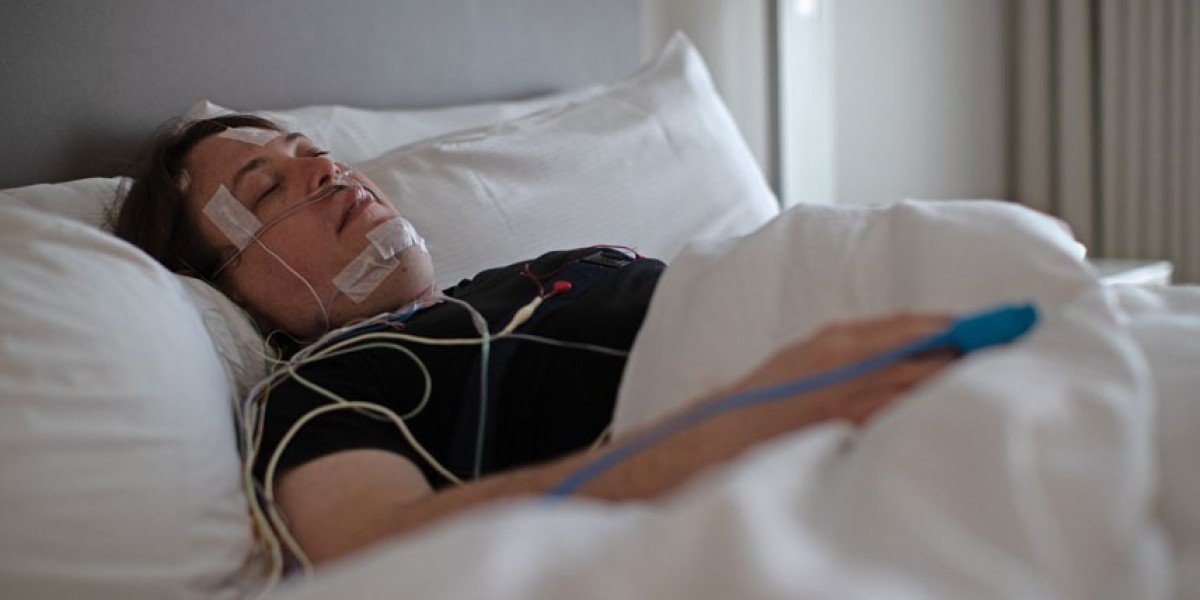Hypersomnia, marked by excessive daytime sleepiness, not only affects physical alertness but also impacts mental health and emotional well-being. Stress, anxiety, and depression can exacerbate hypersomnia symptoms, making effective stress management an essential component of hypersomnia treatment. This blog explores strategies to address mental health concerns, reduce stress, and enhance overall quality of life for individuals living with hypersomnia.
The Link Between Stress and Hypersomnia
Stress activates the body’s fight-or-flight response, which can disrupt sleep-wake cycles. Chronic stress may:
Increase daytime sleepiness
Affect concentration and cognitive function
Aggravate mood disorders such as anxiety or depression
Reduce the effectiveness of medical and behavioral hypersomnia treatments
Addressing mental health is therefore critical for optimal symptom management and overall hypersomnia treatment success.
Common Mental Health Challenges in Hypersomnia Patients
Depression
Excessive fatigue and impaired social functioning can lead to depressive symptoms, creating a cycle of low energy and increased sleepiness.Anxiety
Worrying about productivity, social performance, or symptom management can increase stress and worsen daytime fatigue.Irritability and Mood Swings
Chronic sleepiness affects emotional regulation, often leading to frustration, impatience, or social withdrawal.Cognitive Impairments
Difficulty focusing, memory lapses, and slower decision-making may result from both hypersomnia and mental health challenges.
Strategies for Stress Management in Hypersomnia Treatment
1. Mindfulness and Meditation
Mindfulness techniques help patients focus on the present, reduce anxiety, and improve emotional regulation. Regular meditation can lower stress hormones, improving sleep quality and daytime alertness.
2. Cognitive Behavioral Therapy (CBT)
CBT addresses negative thought patterns related to sleep, productivity, or self-perception. It helps patients develop coping strategies, manage anxiety, and establish healthy sleep routines, complementing other hypersomnia treatment methods.
3. Relaxation Techniques
Deep breathing exercises
Progressive muscle relaxation
Guided imagery or visualization
These practices can reduce tension, improve focus, and support restorative sleep.
4. Structured Routine and Time Management
Creating a daily schedule helps balance work, study, social activities, and rest periods. Predictable routines reduce stress, improve alertness, and optimize energy use throughout the day.
5. Physical Activity
Regular exercise, such as walking, yoga, or strength training, not only boosts energy but also reduces stress hormones and enhances mood, supporting both mental health and hypersomnia management.
6. Social Support
Connecting with friends, family, or support groups provides emotional validation, reduces feelings of isolation, and offers practical advice for managing symptoms.
7. Sleep Hygiene Practices
Maintaining consistent bedtimes, avoiding stimulants late in the day, and creating a relaxing sleep environment reduces stress-induced sleep disruption and enhances hypersomnia treatment effectiveness.
8. Professional Mental Health Support
Consulting psychologists, therapists, or counselors can provide tailored interventions for anxiety, depression, or chronic stress, helping patients manage hypersomnia more effectively.
Integrating Stress Management With Other Treatments
Medications: Proper use of wakefulness-promoting medications complements stress management strategies, supporting daytime alertness.
Diet and Nutrition: Balanced meals and hydration enhance energy and cognitive function, reducing stress caused by fatigue.
Light Therapy: Exposure to natural or artificial light improves circadian rhythm alignment, aiding both mood regulation and hypersomnia symptom management.
Monitoring Mental Health and Stress Levels
Keeping a journal to track stress triggers, sleep patterns, and daytime alertness can help identify strategies that work best. Regular evaluation allows adjustments in therapy, lifestyle habits, or medications to optimize hypersomnia treatment outcomes.
FAQs
Q1: Can stress worsen hypersomnia?
A1: Yes. Chronic stress can disrupt sleep-wake cycles, reduce alertness, and exacerbate daytime sleepiness, making stress management a crucial part of treatment.
Q2: Are mindfulness and meditation effective for hypersomnia?
A2: Mindfulness and meditation help reduce stress, improve emotional regulation, and enhance sleep quality, complementing other hypersomnia interventions.
Q3: Should I combine stress management with medications?
A3: Yes. Combining stress-reduction techniques with prescribed medications often leads to better control of hypersomnia symptoms and improved daytime alertness.
Q4: How does physical activity help mental health in hypersomnia patients?
A4: Exercise reduces stress hormones, boosts endorphins, enhances mood, and increases energy, supporting both mental health and hypersomnia management.
Q5: Can therapy alone treat hypersomnia?
A5: Therapy alone may improve coping skills and reduce stress, but combining behavioral, medical, and lifestyle strategies provides the most effective overall hypersomnia treatment.
Conclusion
Addressing stress and mental health is a vital component of comprehensive hypersomnia treatment. Mindfulness, CBT, relaxation techniques, structured routines, physical activity, and social support improve emotional well-being, reduce fatigue, and enhance daytime alertness. Integrating mental health strategies with medications, sleep hygiene, nutrition, and lifestyle adjustments provides a holistic approach, enabling patients to manage hypersomnia effectively and maintain a better quality of life.






